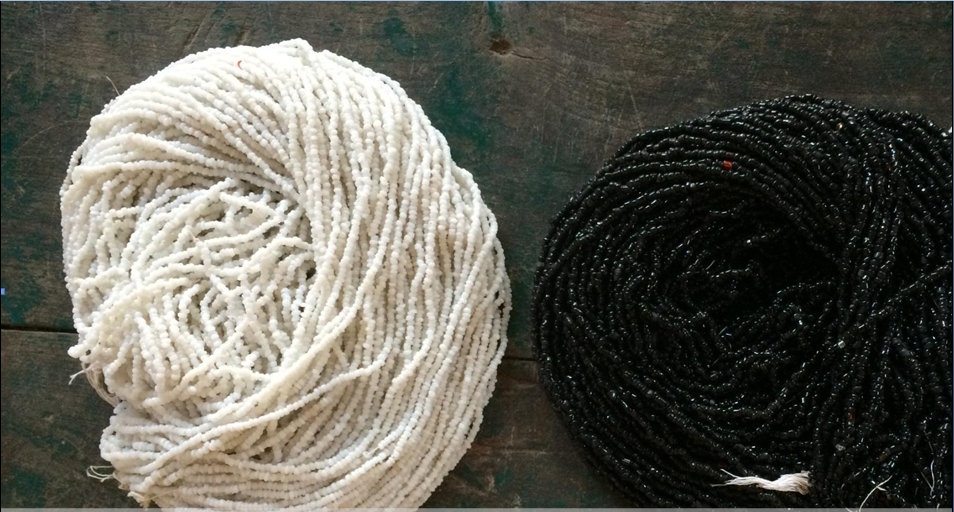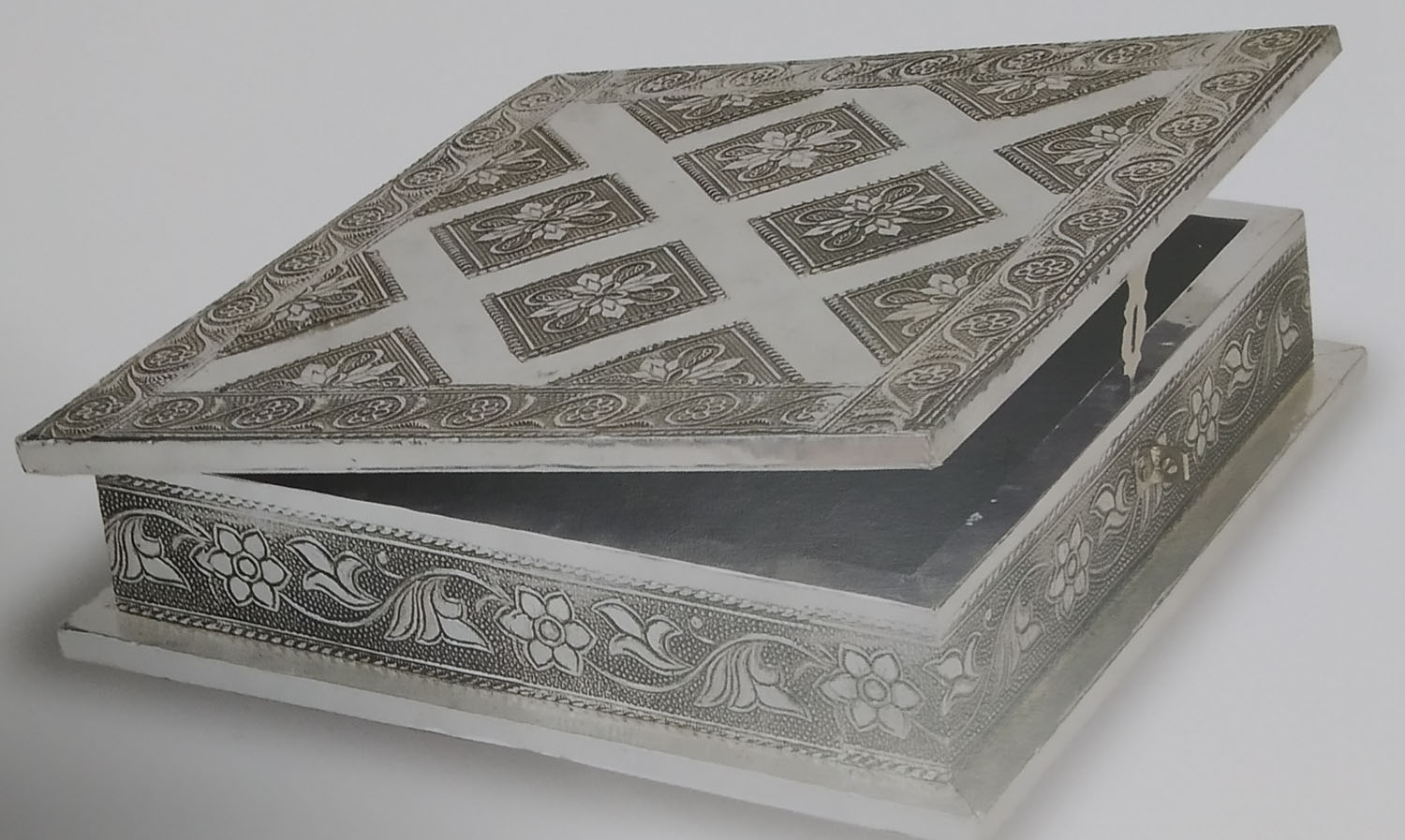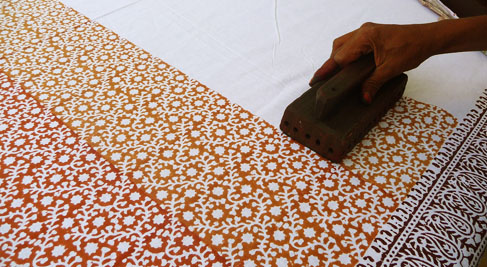
Endangered/ Red List, Glass, Mirror, Jewellery, Beads, Jewelled Objects
Mangala-Sutra Black Glass Seed-Beads of Papanaidupet, Andhra Pradesh
The black bead Mangala-Sutra, the auspicious cord, worn by Hindu women is the instantly recognisable symbol of wedded status. it’s wearing symbolises the unbreakable nuptial vow and the blessings for a long and content union. The tradition and symbolism of this talismanic shield is as strong today as it has ever been. And while designs are becoming more contemporary the one thing that remains the same in that it is strung together with tiny black beads.
Yet unperceived by its vast number of wearers is that these beads that were once the minutes handmade glass seed-beads in the entire world have been replaced by plastic or machine made glass beads.
This act of subtle substitution has led to the death of an ancient globally renowned tradition of hand-crafting the incalculable consequence of this act of substitution has led to a loss not just to the demise of a lineage of makers that extends back to antiquity but of the technology of producing these beads.
Produced in the small village of Papanaidupeta. Located at a distance of about 21 kms. from the temple town of Tirupati. The ‘the size and thickness of the bead averages from the mustard to a gingely seed.’
This cautionary tale of its decline lies in many reasons but I will pinpoint one – that the glass-bead makers here were hidden from the world by a chain of middle-men who never let on where the bead came from. In this veil of secrecy lay the seed of its destruction.
in the 1990s the handmade beads were slowly and subtly exchanged for low-priced machine-made beads of plastic and glass. And as retailers were unaware of where the beads came from they were unable to source the beads or directly deal with the makers and the last time the glass furnace was lit in Papanaidupeta was 4 years ago.
Gallery
YOUR VIEWS
PRACTITIONERS: INDIA
Access 70,000+ practitioners in 2500+ crafts across India.
BIBLIOGRAPHY
10,000+ listings on arts, crafts, design, heritage, culture etc.
GLOSSARY
Rich and often unfamiliar vocabulary of crafts and textiles.
SHOP at India InCH
Needs to be written.





